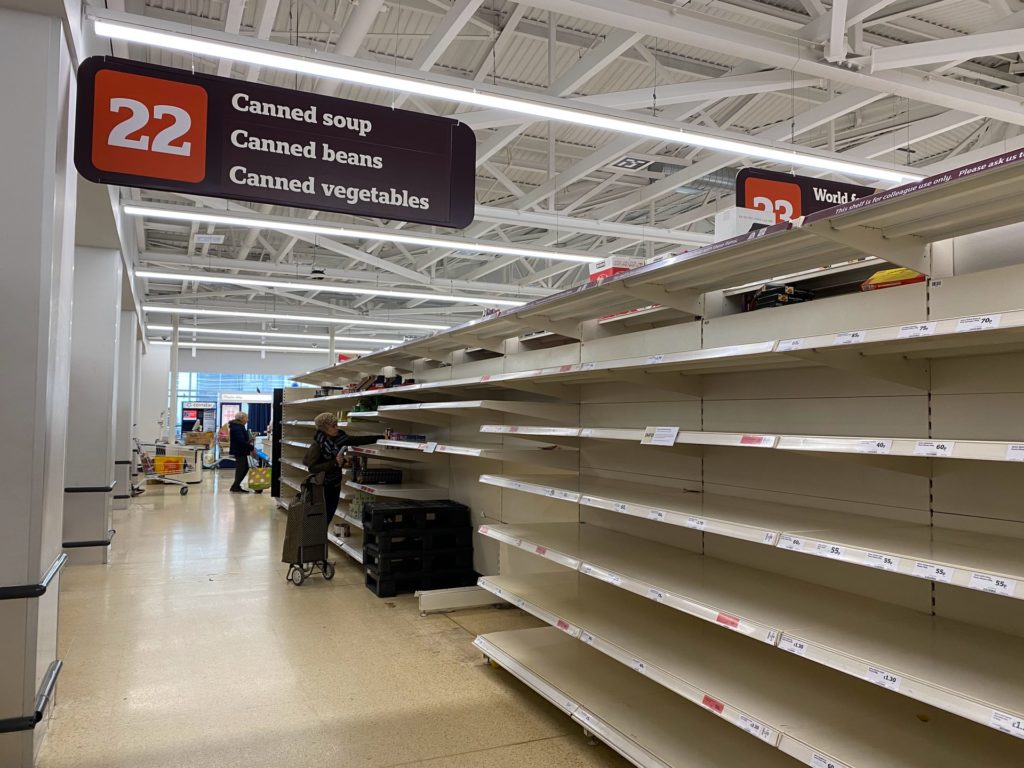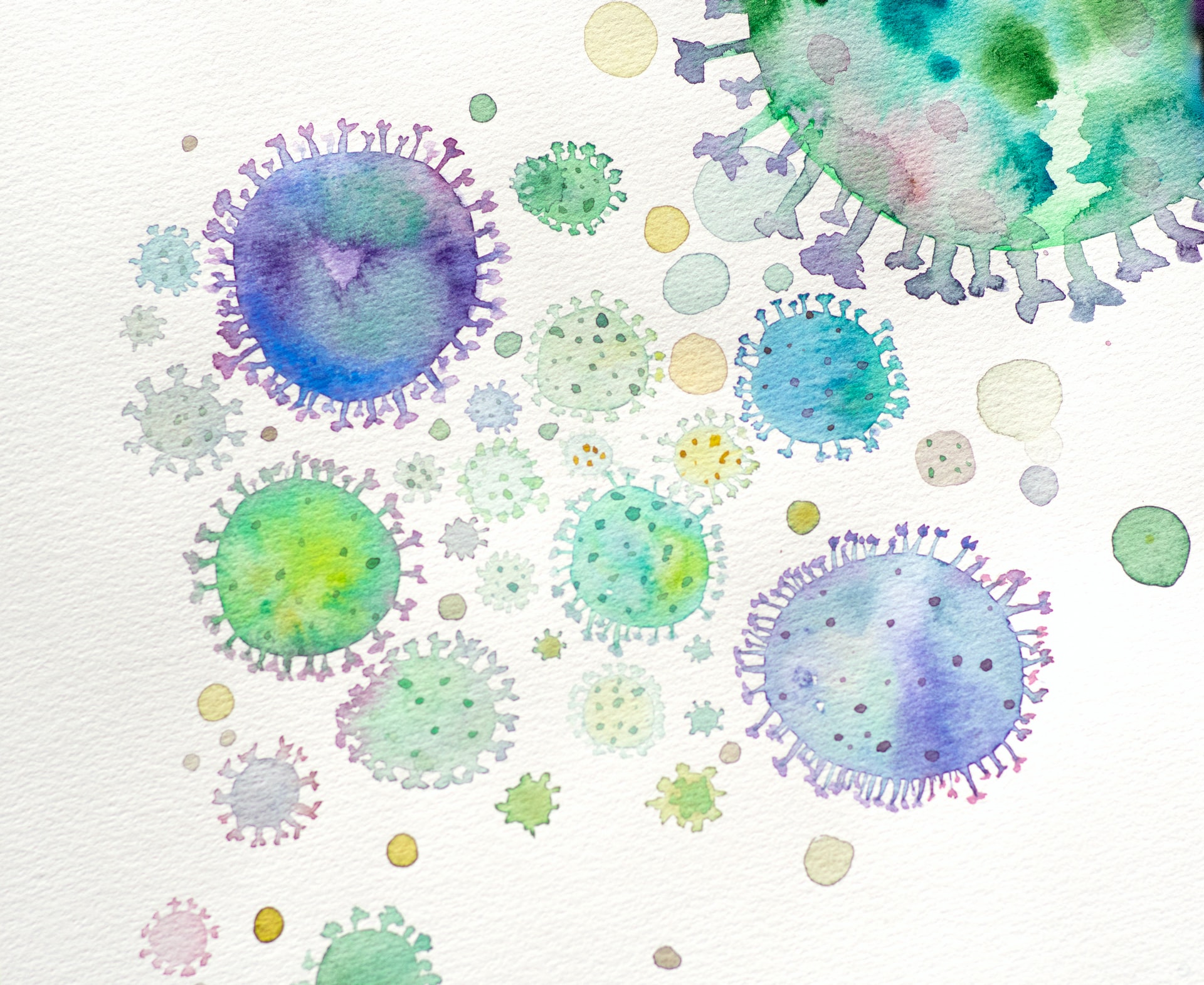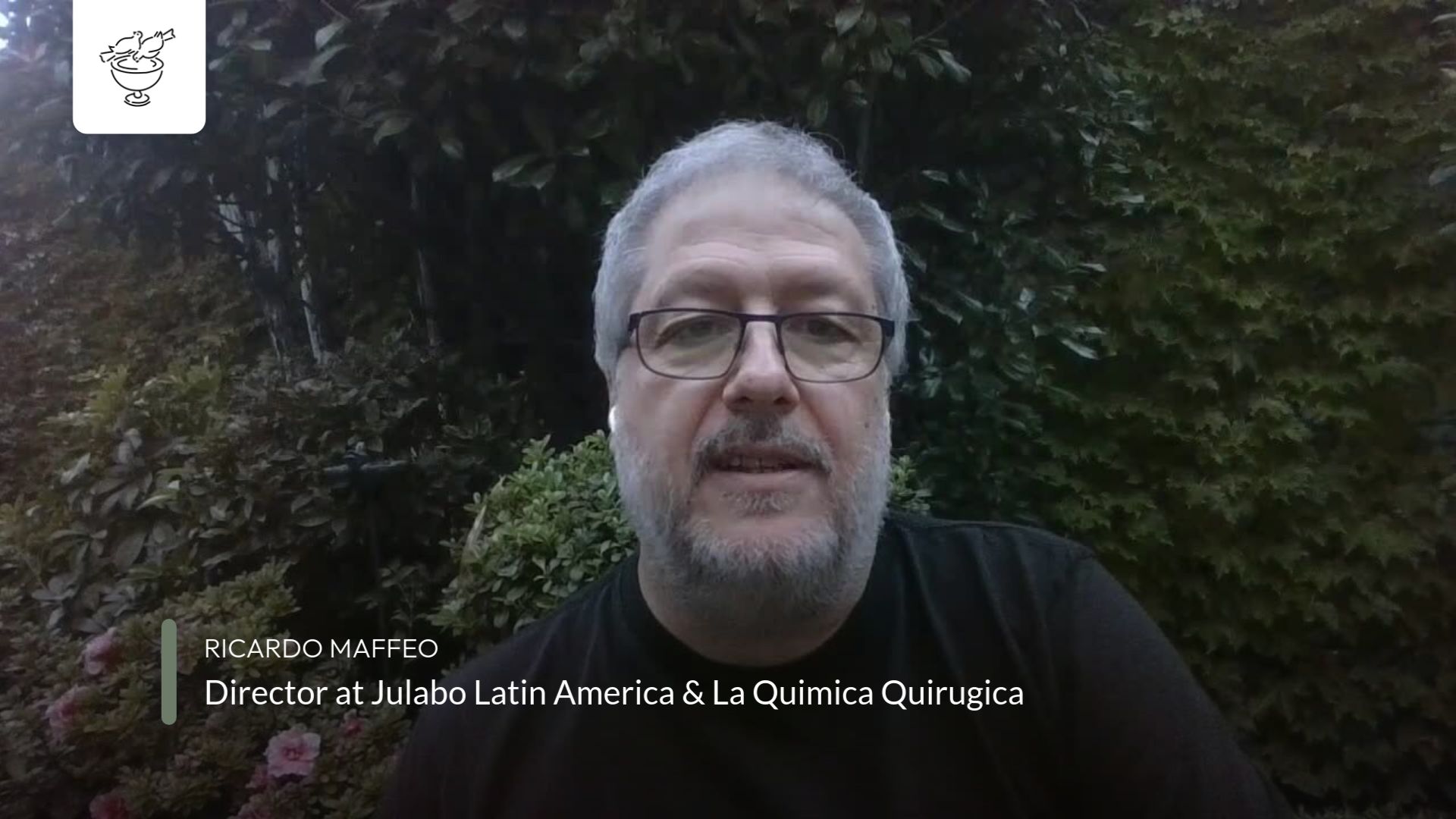The virus and our economy “The fact that COVID-19 has already had such a major economic impact is due, amongst other factors, to the economic development model that has been dominant globally over the last 30 years. This model demands ever-growing circulation of goods and people, despite the countless ecological problems and growing inequalities it generates.” This is a powerful line from a recent manifesto signed by 170 Dutch scientists. What struck me about it is that they try to put the currently developing crisis in the larger framework of a type of economy that is dominated by what they call the ‘neo-liberal growth machine’. Their approach importantly enriches the more dominant approach that focuses on the bio-molecular level: that of finding a vaccine as fast as possible. Even though this is certainly part of the short-term solution, it does nothing to diminish the chances for future viruses to spread, let alone that it would help to minimize the physical, mental, social and economic damage they will inevitably do to people.

Ecology and Economy
The researchers also point at the link, often overlooked, between the present ecological crisis and (future) outbreaks of viruses:
“Experts warn that with further severe degradation of ecosystems – a scenario that is to be expected under the current economic model – chances for further and even stronger virus outbreaks on top of these unfolding catastrophes are realistic.”
This is their conclusion:
“All this requires drastic and integrated action and makes it critical to start planning for a post-COVID-19 world as soon as possible … It is … necessary to envision how this current situation could lead to a more sustainable, fair, equitable, healthy, and resilient form of (economic) development going forward.”
Their policy recommendations – stop with an undifferentiated focus on the GDP, redistribute through basic income, transform agriculture, reduce consumption and travelling – naturally follow from their overall analysis and, as far as I can see, will certainly contribute to the world they dream of. I wonder, however, whether not something more profound is needed.
Contact or Ego
John Main, in Word into Silence adds a crucial dimension to their already prophetic view:
“The proper ordering of our external activities can only be achieved once we have re-established conscious contact with the centre of all these activities and concerns”. (Word into Silence, 62)
One implication of Main’s view is that the urgent advise to change policies on the governmental level is important but not enough. Our ordering of activities and concerns needs to take place on the basis of the right criterion: not our ego (that is: the illusionary self-image that it is crucial to control others if only because we fear they will otherwise control us) in combination with what happen to be our fluctuating and insatiable desires but our conscious contact with a God who loves us into being. That a more fundamental reordering is necessary should not come as a surprise when one reflects for a minute on how we ended up in this situation in the first place. One of the core causes of this crisis seems to be the fundamentally unspiritual orientation of our value-systems, which makes it easy “for us to [either] become dehumanised, [or] to become just consumers in a materialistic, commercial society (The hunger for depth and meaning, 153)”.
Ascesis and Contemplation
How can this insight be brought down from the level of theory to daily life? As we have seen, the Benedictine monk Main suggests that the driving force behind it is the establishment of ‘a conscious contact’ (contemplation) with our Creator. When this happens, everything else falls in place.
The monastic practice of concept-transcending meditation is a way in which we exercise, twice daily (ascesis means literally practice), that it is not we but God who is the Center of life. Yet, also the practises of self-examination (Which trips I wish to make are necessary? Do I need these clothes? Where are they produced and by whom? What do I eat? Where does it come from? Who produced it and how?) or fasting (the attempt to get unhooked from obsessions), and virtues such as discretion, courage and patience are crucial.
All these practices and virtues support and encourage us to gradually let go the illusion that we need to be on top of things, and that the fulfillment of our material (or “spiritual”) desires is what makes truly happy.
Inter-relatedness and Harmony
On our path of spiritual practise our confused beliefs are replaced by a sense of ‘interrelatedness’, of ‘interdependence’ (The Heart of Creation, 46 and 82) with our fellow human beings, with the whole of creation and with our God. This is a state of awareness in which we not only discover our true happiness to lay, but also a state in which we become deeply conscious of the fact that we are not consumers (literally beings who ‘devour’) but receivers of uncountable gifts. Gifts in which we can rejoice and which we naturally wish to share and pass on. This embodied insight we will equally need as a spiritual basis and source of energy for acting. For no doubt the road to the implementation of the policies suggested in the Dutch manifesto will be rocky.
Let’s give Main the last word:
“With this growing sense of wonder at God’s power within us there comes an ever-deepening awareness of the harmony, the creative wholeness that we possess, and we begin to feel that we know ourselves for the first time. But the truly transcendent nature of this discovery is that we do not begin to appreciate our own personal harmony alone, but we begin to experience it as a new capacity for true empathy, a capacity to be at peace with others, and indeed at peace with the whole of creation.” (Word into silence, page 12)





